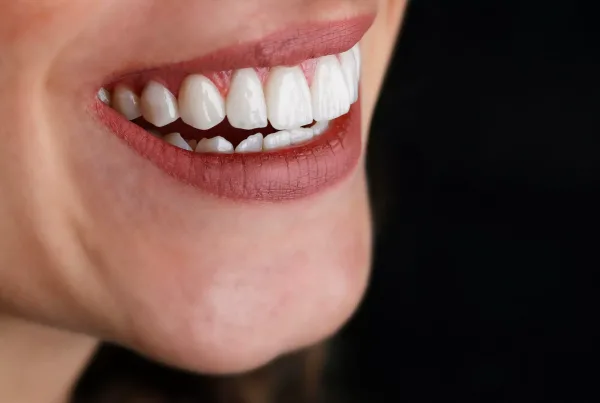Bleeding gums can be an indication of gum disease or other oral health issues. If you experience bleeding gums, it’s important to take prompt action to address the issue and maintain your oral health. Here’s what you should do in case of bleeding gums:
- Gentle Brushing: Continue brushing your teeth, but do so gently. Use a soft-bristle toothbrush and avoid aggressive scrubbing, which can further irritate your gums.
- Flossing: Gently floss between your teeth to remove plaque and food particles. Proper flossing can help improve gum health and reduce bleeding over time.
- Rinse with Salt Water: Rinse your mouth with a warm saltwater solution. This can help reduce inflammation and promote healing. Mix about half a teaspoon of salt in a glass of warm water.
- Use Antiseptic Mouthwash: An antiseptic mouthwash can help reduce bacteria in your mouth, which can contribute to gum inflammation. Choose an alcohol-free mouthwash recommended by your dentist.
- Avoid Tobacco Products: Smoking or using other tobacco products can exacerbate gum problems. Quitting or reducing tobacco use can improve gum health.
- Maintain a Healthy Diet: A balanced diet rich in vitamins and minerals is important for gum health. Adequate vitamin C intake, for example, can help strengthen gums.
- Stay Hydrated: Drinking water helps flush away food particles and bacteria that can contribute to gum issues.
- Regular Dental Check-ups: Schedule an appointment with your dentist to evaluate your gum health. Regular dental visits are crucial for early detection and treatment of gum problems.
- Avoid Stress: Stress can weaken the immune system and affect oral health. Practice stress-reduction techniques such as exercise, meditation, or deep breathing.
- Consider Soft-Picks or Interdental Brushes: These tools can help clean between teeth and along the gumline, which can improve gum health.
- Consult a Dentist: If bleeding gums persist or worsen, it’s important to seek professional dental care. Your dentist can assess the cause of the bleeding and recommend appropriate treatment.
If bleeding gums are accompanied by other symptoms such as pain, swelling, bad breath, or loose teeth, it may indicate a more serious issue and requires immediate attention. Gum disease, also known as periodontal disease, can lead to serious oral health problems if left untreated.
Remember, bleeding gums should not be ignored. Addressing the issue promptly and practicing good oral hygiene habits can help prevent further complications and maintain your overall oral health.





